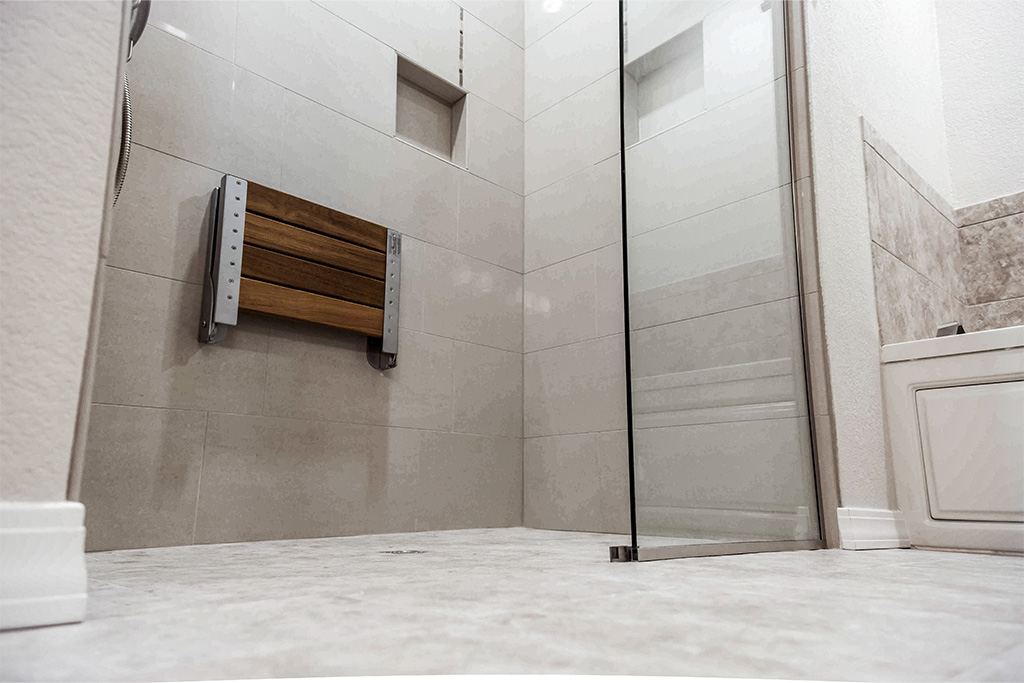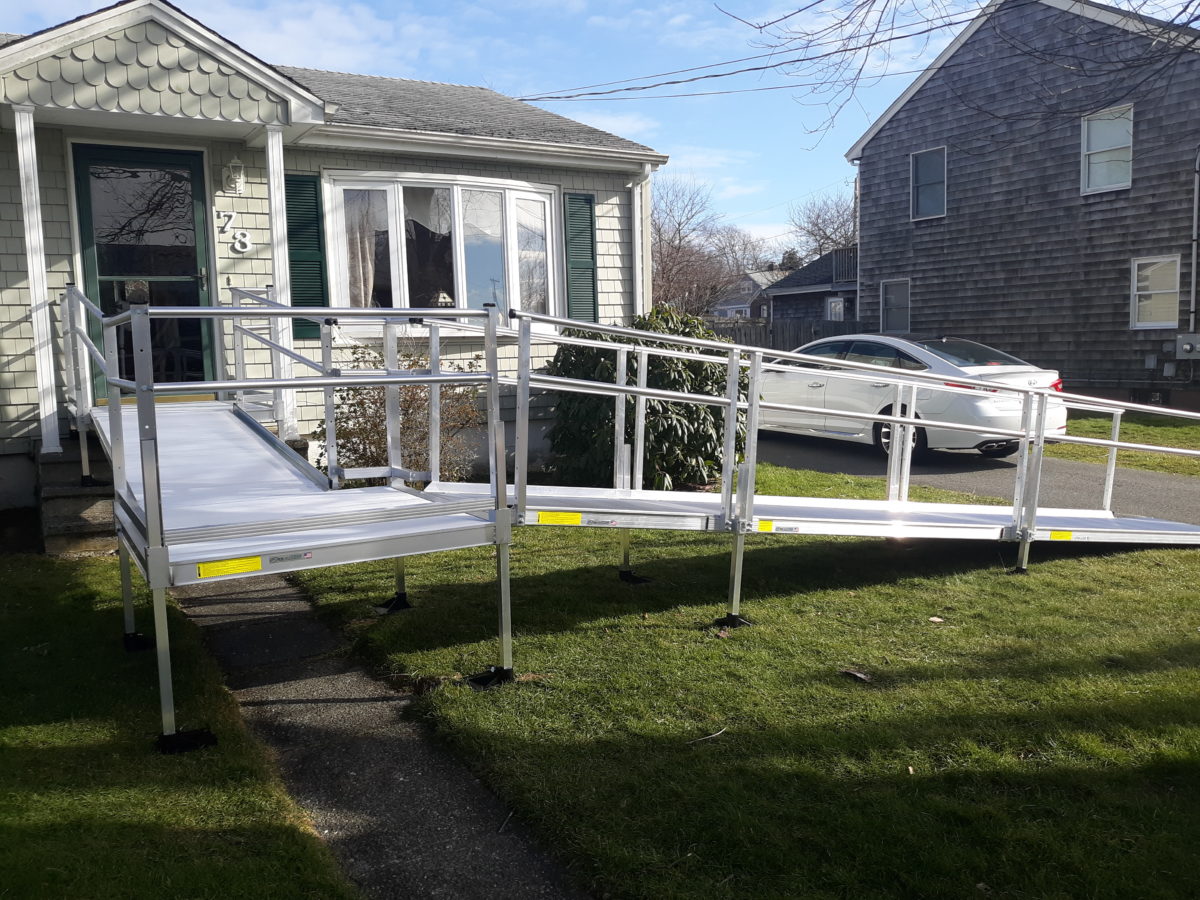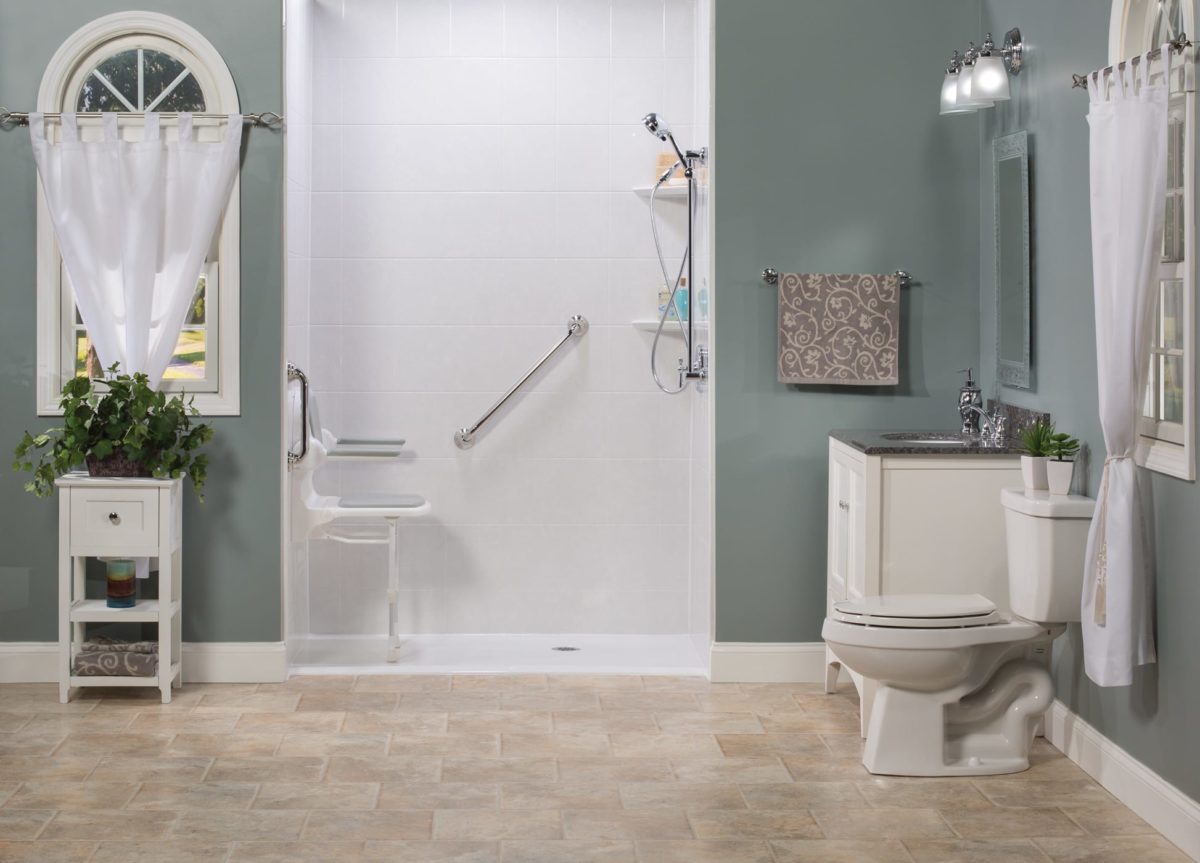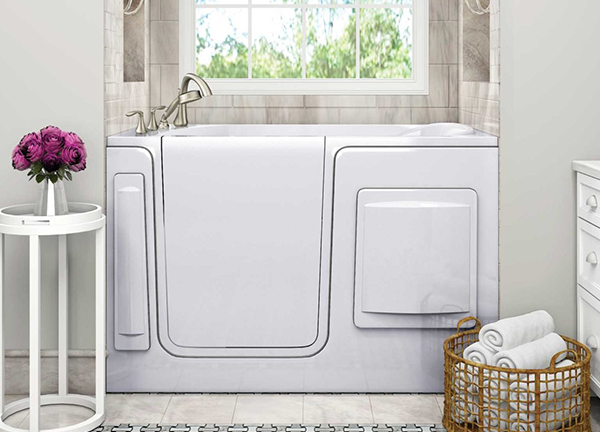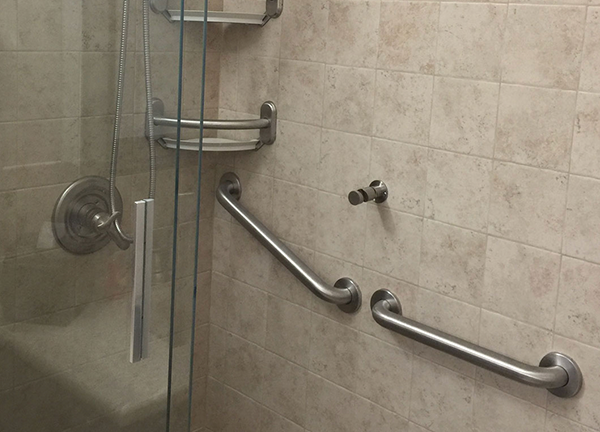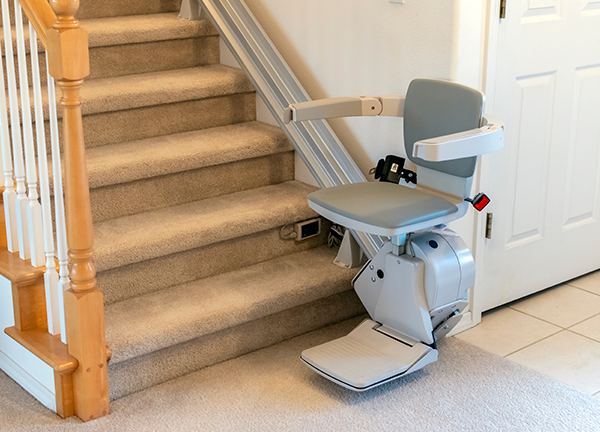As a Rhode Island homeowner with a disability, designing a shower that accommodates your unique needs can be challenging. An accessible shower can help maintain independence, enhance safety, and improve your quality of life. When planning your shower remodel, there are critical factors that you need to consider to make it disability-friendly.
Choose a Barrier-Free Shower
A barrier-free shower doesn’t have a step or raised platform, making it easy for wheelchair users to access. This design also eliminates the risks of tripping or slipping, making it a safer option. For an even better experience, you can choose a roll-in shower that comes with a small ramp that allows smooth entry and exit to the shower.
Add Grab Bars
Grab bars are essential to assist those with mobility issues to support themselves while entering, exiting, and moving around the shower. Experts recommend installing horizontal grab bars vertically and diagonally to cater to different users. You can also install long bars across the back wall to avoid placing them on tiles that may crack or loosen over time.
Consider the Showerhead
The showerhead placement and type can either make or break your experience in the shower. If you have limited arm movement, choose a handheld showerhead with a hose. It can be fixed on the wall or supported by a bracket, giving you the freedom to move it around rather than stretching to reach it. A rain showerhead that drops water from the ceiling would also be an excellent option. However, make sure to install it at a height that allows comfortable access for all users.
Choose the Right Flooring Material
The flooring material is crucial to maintain safety and prevent accidents. Avoid installing tiles that are too smooth or slippery as it can increase the risks of falls. Instead, go for slip-resistant surfaces, such as textured vinyl, rubber, or concrete. These materials will not only add more traction to the shower floor but also showcase a modern look.
Install a Bench
A bench in your accessible shower can provide a comfortable resting place for elderly and disabled individuals while bathing or grooming. It can also help maintain balance and reduce the risk of falling. A foldable bench is usually recommended in cases where extra space is needed in the shower for other purposes.
Designing an Accessible Shower
Designing an accessible shower requires thoughtful planning and understanding of the needs of individuals who have mobility issues. By incorporating the tips and considerations discussed above, you can create a shower that accommodates your specific needs and goals. Remember to work with a professional contractor who understands the intricacies of building an accessible shower, as this can help to ensure a successful outcome that meets your expectations and budget.
Contact Home Mobility Pros of Rhode Island for more information on accessible shower design and installation services. Our team has extensive experience in creating custom, barrier-free showers that provide safety, comfort, and independence for individuals with disabilities. Let us help you transform your bathroom into a functional and beautiful space that caters to your unique needs.

